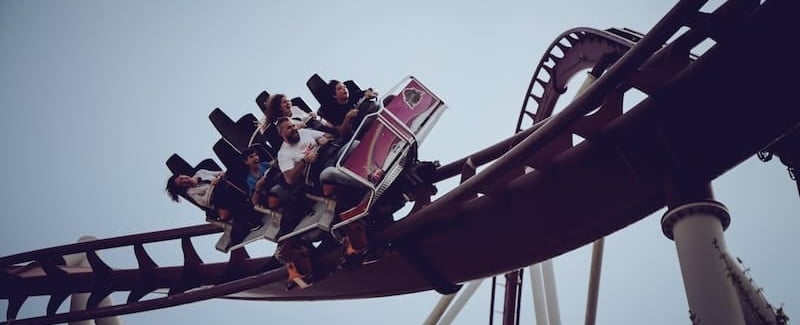Entertainment, which now seems like a “trend”, is actually something that has accompanied human beings since the 18th century. Its evolution over time reflects the continuous search by human beings for fun, escape and emotional connection through activities/content that offer them pleasure and satisfaction.
And this search also happens in branded content. The truth is that the product alone no longer “convinces” the audience, which is asking for differentiating content in an infoxicated world. Brands need to place themselves in the narrative context of a story, organically, without interruptions. In this way, they can achieve a deep connection with their target audience, creating emotional brand-consumer bonds.
It is particularly in this area that I, as a communications professional, am interested in focusing on.
I was recently struck by this news which immediately fascinated me with the intersection of worlds – fiction and reality – that Netflix was asserting itself to be. Netflix Bites, the company’s first pop-up restaurant in LA where some of the chefs from the platform’s best cooking shows can now be enjoyed by their fans, in a clear example of the potential that many brands have to expand and diversify their (entertainment) strategies. In the opposite situation, we have the case of Barbie, which, from the physical doll and some animated productions for children, has now presented its film for a more adult target (in fact, its first), taking the opportunity to pass on topical messages about female empowerment, while also being considered the best communication strategy of the year, giving the stage to other brands such as Birkenstock or SMEG. Or the success of big box office hits such as Harry Potter, which gave rise to the game Hogwarts Legacy, where the experience becomes even more intense as it is an RPG game that allows the player to embody a character from the game.
On the other hand, there are brands that take advantage of sponsorship to entertain their audience. Who doesn’t remember the mythical case of Emirates recalling its mission to “travel safely” in the middle of the Stadium of Light, alluding to the match in question? Or Worten, which, in order to position itself in gaming territory, took advantage of the already renowned Lisboa Games Week event to promote the grand final of its Worten Game Ring LPLOL initiative and, in this way, connect with an even wider audience?.
Let’s take, for example, Lidl’s advertising content, which are mini entertainment episodes in their own right, using humorous techniques to help the consumer understand which products or promotions are in the spotlight.
The trend towards entertainment as a communication solution is in full swing, and brands are playing a key role in transforming the entertainment industry. Whether it’s by creating unique experiences, creating exciting content or sponsoring events. These strategies allow them to connect with their audiences in a more meaningful way and build lasting relationships.The ability to adapt, innovate and offer memorable experiences will be key to staying relevant in this exciting, ever-changing world of entertainment.
The trend of entertainment as a communication solution is in full swing, and brands are playing a key role in transforming the entertainment industry
.
Cristina GirãoDirectora de Engagement en LLYC Portugal



